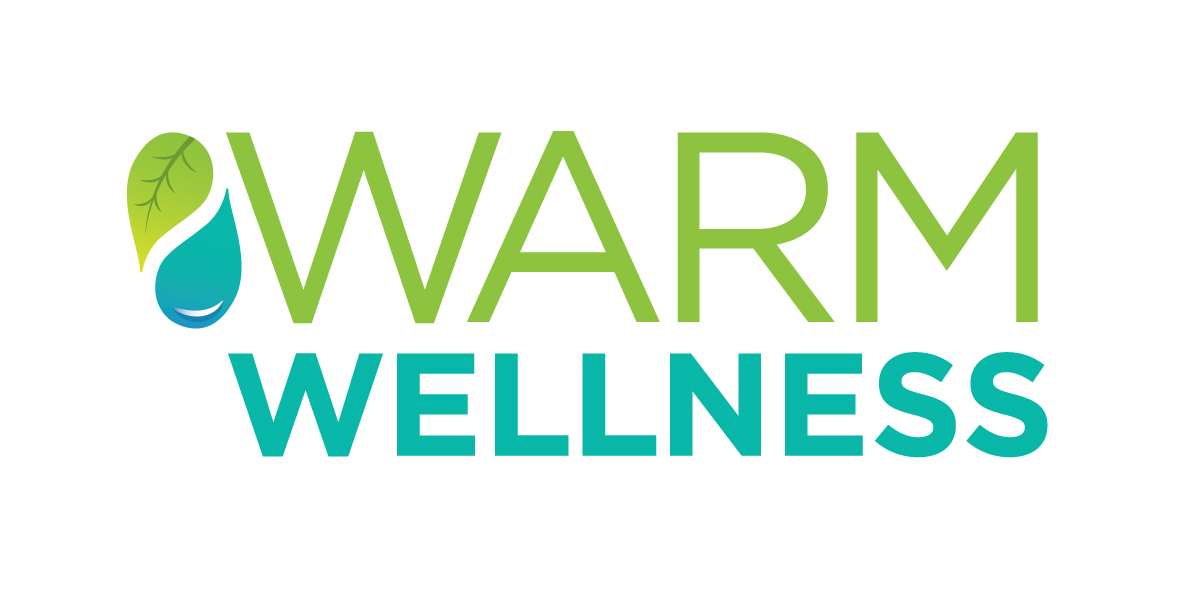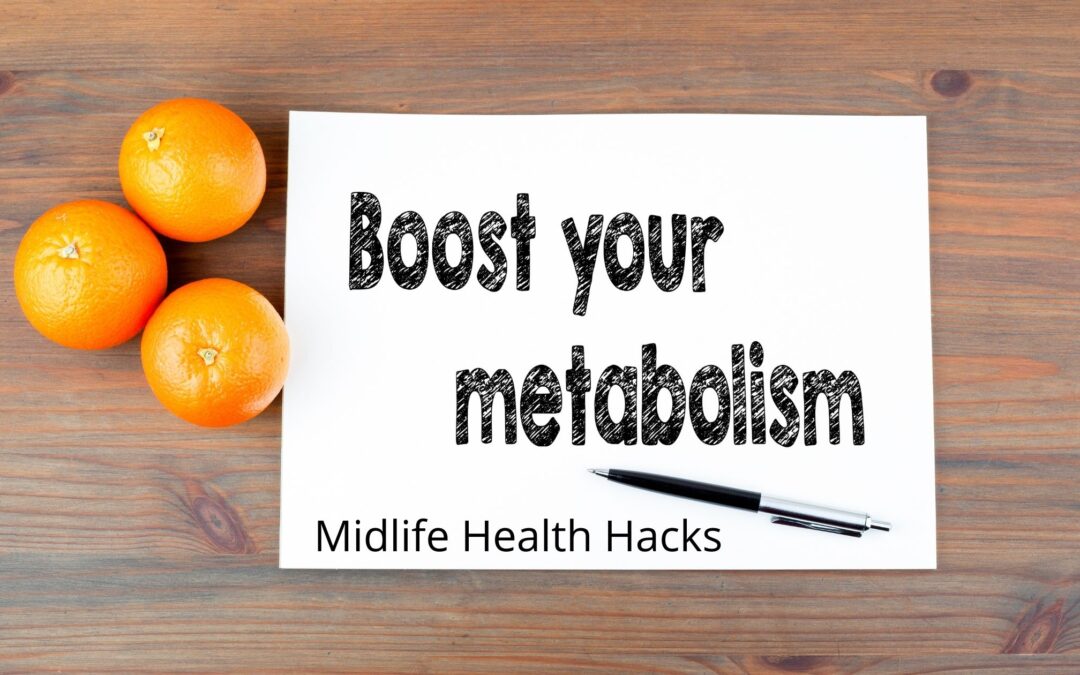They say Menopause comes in like a lion and out like a lamb (or is that the month of March?). Whatever it is, the truth is the schedule, symptoms and severity of this midlife transition can differ greatly for everyone, sort of like Spring weather here in Switzerland.
As a health coach that focuses on helping women navigate midlife, I often find my clients come in a bit confused as to whether or not their symptoms are stress related or perimenopause.
And I often answer Yes it is. (more on that later)
A tiny science lesson before we dive into why stress plays a huge factor in Perimenopause
Perimenopause is the time when our hormones start changing before actual menopause kicks in. For some women perimenopause can start as early as their 20’s and 30’s, while most women start experiencing symptoms sometime around their mid 40’s. Menopause officially occurs for only one day in your life, that joyous day when your period has been absent for one whole year! Unfortunately there is no parade, no celebration, no party after all those years of monthly misery. After your one year and one day separation from your period, you are officially in post menopause. The average age of menopause is 51 or 52 with perimenopause lasting anywhere from 1 – 10+ years prior to menopause.

As our reproductive organs start checking out, our progesterone (the feel good hormone) drops and estrogen starts taking a rollercoaster ride. This hormone imbalance can cause a whole host of symptoms which can include:
- Weight gain (especially around the middle)
- Sleeplessness (early morning wakeups)
- Anxiety, depression, mood swings (hello reverse puberty anyone)
- Night sweats and hot flashes (not helping the sleep issue)
- Exhaustion (not just tired but bone crushing tired)
- Low (or absent) libido – (no energy, no sexy time)
- Brain fog (lack of clarity or forgetfulness)
- Food cravings (mostly for carbs and sugar)
- Food intolerances (caffeine, alcohol & gluten)
- Irregular Periods – (sometimes more frequent, longer duration or the exact opposite – WTH?)
For many women, this transition can feel lonely, scary and unsettling. It does have this reputation of being physically and emotionally unpleasant and unpredictable. Even your doctors or trusted friends sometimes shrug their shoulders and offer no so great advice of “just deal with it“.
But it doesn’t have to be this way.
You are in the driver’s seat when it comes to your midlife health. It’s just a question of whether you want to drive off the cliff or stick to a slower lane.
Let’s shed some light on things you do have control over during this time:
1. Less Exercise
Ok before you get too excited, I’m kind of kidding. You definitely need to move your body. Changes in your hormones tend to create more fat and less muscle as we age, and less muscle = a slower metabolism. A sedentary lifestyle is one of the killers of your metabolism and the reason for that extra weight around your middle. But the good news is you don’t need to pound it out at the gym for hours on end.
Consistent gentle exercise together with a mix of strength (or resistance) training is key to not only boosting your midlife metabolism but helping improve your mental focus, sleep issues and release stress. It also helps ward off those nagging diseases that rear their ugly heads later in life (Alzheimers, Osteoporosis, Heart Disease and the Big C’s).
If you somehow got away with not exercising in the past, it is time to ramp it up a bit. If you are good about exercising, keep it up. Honestly 20 – 30 minutes a day is all it takes to make a difference in your metabolism. Find something you love to do and do it consistently. This will make the difference between thriving and simply surviving this transitional time.

2. Diet
A high quality diet that focuses on healthy protein, fat and carbs will go a long way toward helping balance your raging hormones.
What you ate in your 20’s and 30’s isn’t going to cut it in your 40’s and 50’s. Some adjustments need to be made, mainly cutting back on the highly processed carbs and sugar and consuming more veggies, protein and fat.
The good news is that an increase in protein has been proven to help reduce anxiety, increase weight loss and help ease sleeplessness. It is time to eat your green vegetables and make friends with healthy fats. They will help you burn more calories, feel fuller and make your skin and hair look radiant.

3. Stress
I don’t know too many women who are not under some degree of stress. Do you? We tend to take on the not-so-invisible burden of juggling so many tasks these days – career, housework, child care, cooking, cleaning, virtual learning, socializing, travel agent, caregiver for eldery parents, the list goes on and on.
The problem is that stress is an invisible dagger to our health. Your body produces excess cortisol when under stress. This excess cortisol increases your appetite and cravings for the unhealthier foods and wreaks havoc on your metabolism. It can also negatively impact your sleep which leads to more overeating, less desire for exercise and well you get the not so pretty picture.
So when women ask me “Is it stress or perimenopause?” I say Yes because stress can exacerbate the perimenopause symptoms. It’s called “pause” for a reason.
Finding ways to control or minimize our stress is important to our overall health and wellbeing. Look into yoga, meditation, journaling or gratitude practice. Find a friend you can talk to, prioritize rest over busyness and find something that makes you laugh or brings you joy every single day.

Know that you are not alone on this journey. Your shifting hormones tend to cause more anxiety, depression and loneliness. Make sure you are focusing on your needs and asking for help where you can.
It is high time to give the stigma around perimenopause and menopause a swift kick in the rear. The good news is we can let go of all the should haves and could haves and focus on our health. Being confident in our bodies, not worry about what society tells us we should look like.
We need to start talking about perimenopause and menopause, loudly and frequently. 100’s of millions of women are going through this very same transition right now. It is not a disease. There is no need to suffer in silence. We can rewrite our next chapter and not settle for the stories that are being handed down. The choice is yours.
Let me know if you have any questions.
If you would like to start on the journey to a healthier midlife transition, I am offering a 30 Day Midlife Metabolism Makeover that starts June 1st. You can find out more about it here.
Reset your midlife metabolism was first posted in My Swiss Story on May 27, 2021

